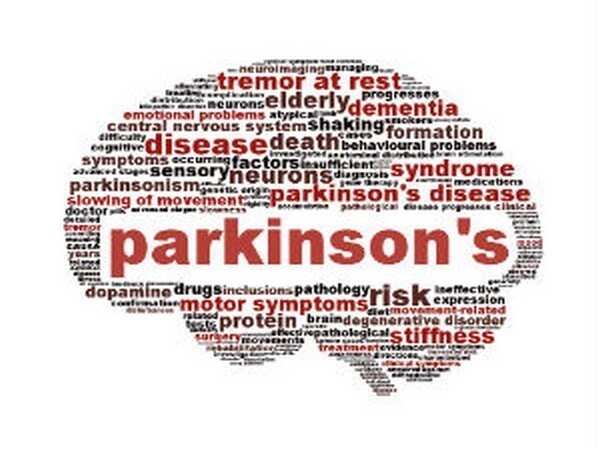- Diagnostics
- 1 min read
Coffee compounds may help fight Parkinson's: Study
Prior research has shown that drinking coffee may reduce the risk of developing Parkinson's disease.
Prior research has shown that drinking coffee may reduce the risk of developing Parkinson's disease.
While caffeine has traditionally been credited as coffee's special protective agent, coffee beans contain more than a thousand other compounds that are less well known.
Researchers from Rutgers University in the US focused on a fatty acid derivative of the neurotransmitter serotonin, called EHT (Eicosanoyl-5-hydroxytryptamide), found in the bean's waxy coating.
They found that EHT protects the brains of mice against abnormal protein accumulation associated with Parkinson's disease and Lewy body dementia.
In the current research, the team asked whether EHT and caffeine could work together for even greater brain protection.
They gave mice small doses of caffeine or EHT separately as well as together.
Each compound alone was not effective, but when given together they boosted the activity of a catalyst that helps prevent the accumulation of harmful proteins in the brain.
This suggests the combination of EHT and caffeine may be able to slow or stop the progression of these diseases.
Current treatments address only the symptoms of Parkinson's disease but do not protect against brain degeneration.
Further research is needed to determine the proper amounts and ratio of EHT and caffeine required for the protective effect in people, the scientists said. MHN MHN



COMMENTS
All Comments
By commenting, you agree to the Prohibited Content Policy
PostBy commenting, you agree to the Prohibited Content Policy
PostFind this Comment Offensive?
Choose your reason below and click on the submit button. This will alert our moderators to take actions